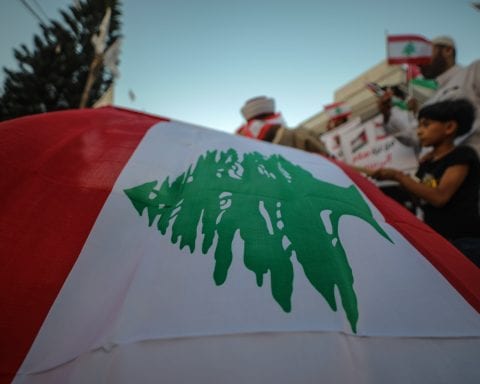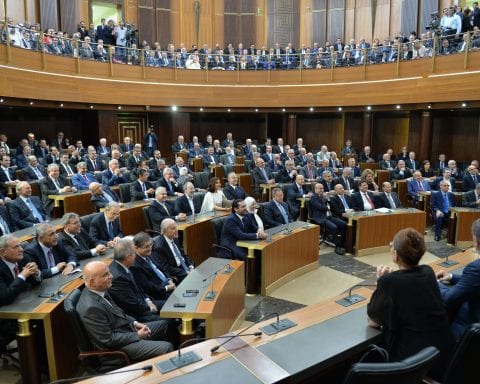European Union sanctions are being arranged for Lebanese politicians based on accusations of corruption, hindering efforts to form a government, financial misrule and human rights abuses, according to a diplomatic note seen by an international news agency.
Through the leadership of France, the EU is looking to ramp up stress on Lebanon’s wrangling politicians after 11 months of crisis that has left Lebanon going through a financial breakdown, hyperinflation, electricity shutdowns, and fuel and food scarcities.
The syndicate, which has been holding technical negotiations on conceivable measures for the previous month, has yet to agree on which tactic to take, though the EU foreign policy chief Josep Borrell is due in Lebanon this weekend and will report back to foreign ministers on Monday.
As many senior Lebanese politicians have residences, bank accounts and assets in the EU, and send their kids to universities in the region, the extraction of these admittances is believed to help bring attention to the political and socio-economic problems in the country.
Paris states that it has now taken measures to limit the entrance of some Lebanese officials it sees as obstructing efforts to solve the crisis, which is entrenched in decades of state corruption and debt, though it has not called anybody publicly.
The note, which also shapes the frequency and faintness of taking such a measure, focuses on four criteria. It starts with blocking the establishment of a government, the political procedure or the efficacious completion of the political changeover and then turns to impede the execution of urgent reforms needed to overcome the political, economic and social crisis.
Financial mishandling, which would target people, entities or bodies believed to be responsible for the mismanagement of public finances and the banking sector, is also a core criterion, as is the violation of human rights as a result of the economic and social crisis.
“It might be argued that the lack of political responsibility of the leadership in Lebanon is at the core of a massive implosion of the economy,” the note reads, referring to the possible human rights criterion.
Lebanon is in the throes of a deep financial crisis, wrought by decades of endemic corruption, waste and mismanagement, that is threatening its stability and is described by the World Bank as one of the deepest depressions in modern history.














